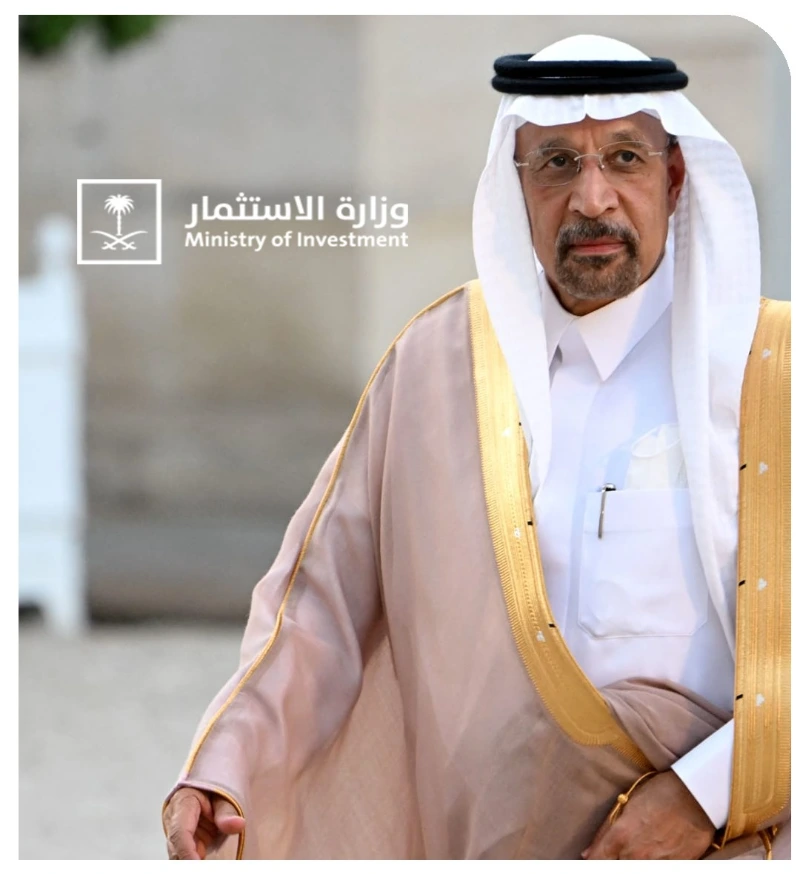The marketing landscape is undergoing a massive transformation—and at the center of it all is the rise of influencers and user-generated content (UGC). For the first time in history, advertising revenue from UGC platforms is expected to exceed revenue from professionally produced content, signaling a dramatic shift in how brands reach and engage with audiences.
This change is being spotlighted at the Cannes Lions International Festival of Creativity, where advertising executives and content creators are gathered this week to explore the next frontier in brand communication. “The appetite for brands and agencies to really sit with some of these top creators and truly dig in is at an all-time high,” said David Freeman, Head of Digital Media at CAA.
According to WPP Media’s global president of business intelligence, this growth is not just a trend—it’s a turning point. As economic uncertainty leads companies to reevaluate their ad spend, many are finding greater value in influencer-led campaigns. “When the economy is turbulent, brands feel better spending money on Facebook than paying a lot to a fancy shop,” says Kenny Gold, Head of Social, Content, and Influencer at Deloitte Digital. “While we are seeing brands begin to pull back in marketing expenditure as a whole, the creator economy is surging.”
Major players are adapting fast. Unilever’s CEO Fernando Fernandez recently announced the company would hire 20 times more influencers as part of a “social-first” marketing strategy. His reasoning? Consumers are becoming increasingly “suspicious” of corporate branding, and influencers offer authenticity that resonates more deeply.
This year, Cannes Lions has expanded its “Lions Creators” program, equipping influencers with tools and insights to turn their platforms into fully-fledged businesses. “How can I keep this thing going and build a real business?” is the key question many creators are asking, according to Cannes Lions VP Ed Davidson.
Even traditionally “non-glamorous” sectors—like cleaning supplies—are seeing influencer-driven campaigns rise. What used to be reserved for beauty and fashion now extends to household goods, real estate, and even financial services.
Statista projects the global influencer marketing industry will grow by 36% between 2024 and 2025, reaching $33 billion. The numbers confirm what the festival conversations are making clear: the creator economy is no longer a niche—it’s the future of advertising.





